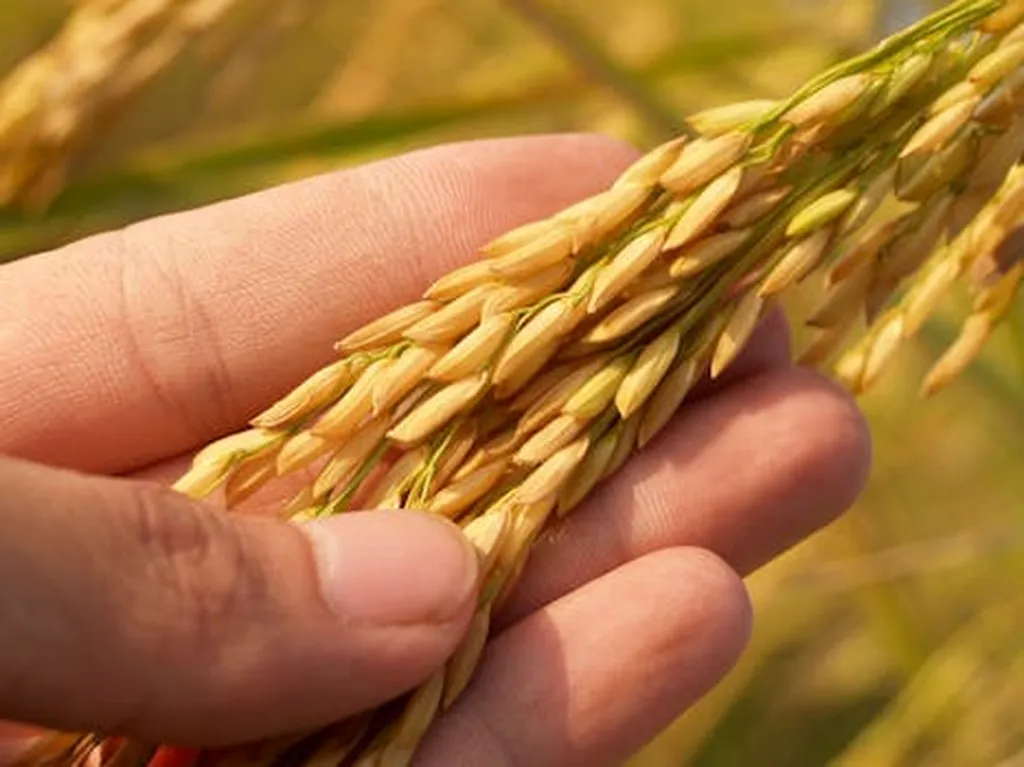In the heart of Guizhou University’s College of Agriculture, a team of researchers led by Muhammad Arif has unlocked a promising avenue for enhancing rice productivity and resilience. Their study, published in the journal *Rice* (translated to English), focuses on a specific gene, TaCIPK19-3D, which could revolutionize how we approach crop improvement in the face of climate change and salt stress.
The research team discovered that TaCIPK19-3D plays a pivotal role in regulating photosynthesis, ion homeostasis, and stress-responsive signaling pathways. By overexpressing this gene in transgenic rice, they observed significant improvements in chloroplast structure, chlorophyll biosynthesis, and overall plant growth. “The transgenic lines exhibited a remarkable increase in photosynthetic efficiency and yield,” Arif explained. “This suggests that TaCIPK19-3D could be a key player in developing high-yielding and stress-resistant rice varieties.”
The implications for the agricultural sector are substantial. As salt stress affects vast areas of arable land, the discovery of genes like TaCIPK19-3D could lead to the development of crops that thrive in challenging environments. “Our findings highlight the potential of TaCIPK19-3D to improve crop productivity and stress resilience,” Arif noted. “This could be a game-changer for farmers facing the dual challenges of climate change and soil degradation.”
The study also revealed that TaCIPK19-3D interacts with several proteins involved in stress responses, including TaFBA-4D and four CBL proteins. This interaction network suggests that the gene could be part of a broader regulatory mechanism that enhances plant adaptability. “Understanding these interactions is crucial for developing targeted breeding strategies,” Arif added. “It opens up new possibilities for engineering crops with enhanced stress tolerance.”
The research not only sheds light on the functional roles of TaCIPK19-3D but also paves the way for future developments in agritech. As the global population continues to grow, the demand for sustainable and high-yielding crops will only increase. The insights gained from this study could drive innovations in genetic engineering and crop breeding, ultimately contributing to food security and agricultural sustainability.
In the broader context, the findings could also have implications for the energy sector. Enhanced crop productivity means more biomass for bioenergy production, which is a critical component of the renewable energy mix. By improving the resilience and yield of crops like rice, we can support the development of sustainable bioenergy solutions that reduce our dependence on fossil fuels.
As we look to the future, the work of Muhammad Arif and his team at Guizhou University serves as a beacon of hope. Their research not only advances our understanding of plant biology but also offers practical solutions to some of the most pressing challenges in agriculture and energy. In a world grappling with climate change and resource scarcity, such breakthroughs are more important than ever.

